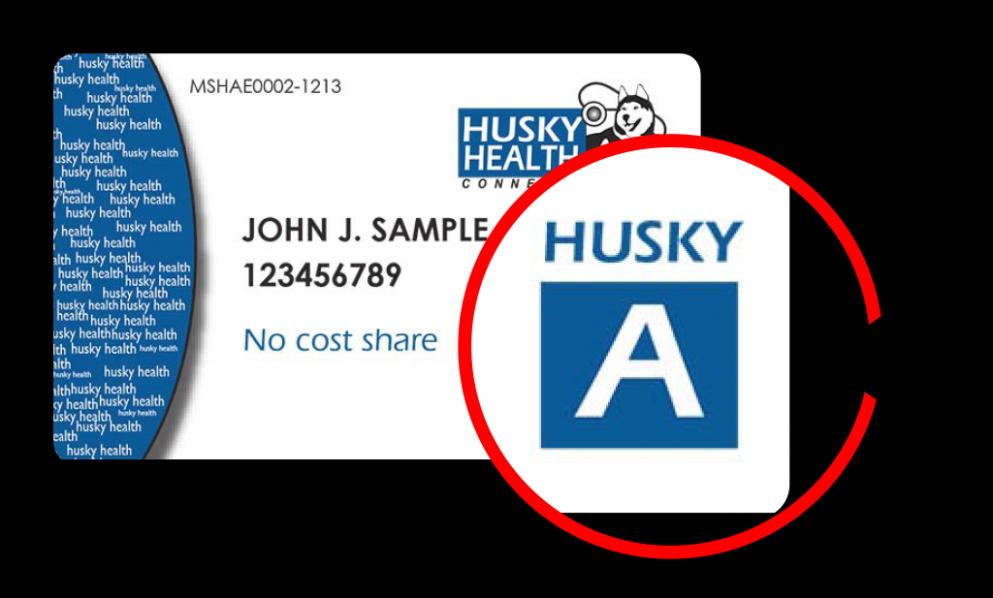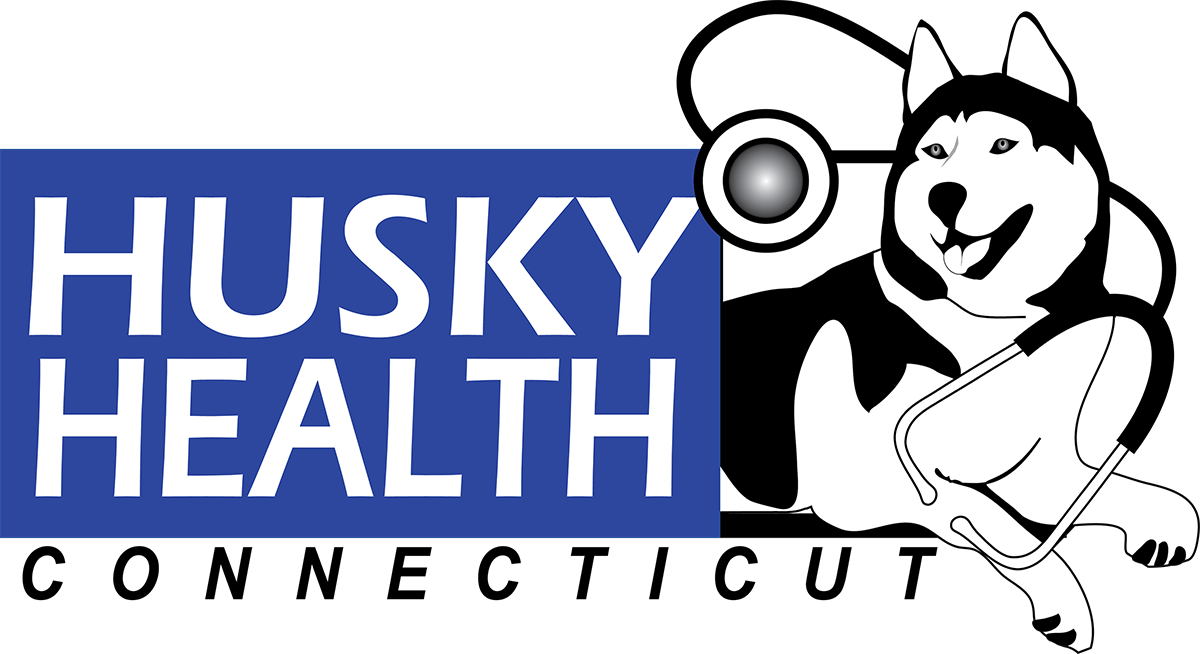Husky insurance, a crucial aspect of responsible dog ownership, offers peace of mind and financial protection for Husky owners. These majestic and energetic dogs are known for their striking appearance, loyal nature, and boundless energy, but they also come with unique health considerations.
Siberian Huskies are prone to certain breed-specific health issues, such as hip dysplasia, eye problems, and allergies. These conditions can lead to costly veterinary bills, potentially straining your budget. Husky insurance provides a safety net, helping you manage unexpected medical expenses and ensuring your furry friend receives the best possible care.
Husky Breed Overview

The Siberian Husky is a captivating breed known for its striking appearance and spirited personality. With its wolf-like features and athletic build, the Husky is a popular choice for active individuals seeking a loyal companion.
History and Origins
The Siberian Husky’s history is deeply rooted in the harsh climate of northeastern Siberia. Bred by the Chukchi people, these dogs were primarily used as sled dogs, pulling heavy loads across vast distances. Their ability to thrive in frigid temperatures and navigate treacherous terrain made them invaluable to the indigenous communities.
Physical Traits
The Siberian Husky is a medium-sized dog, typically weighing between 35 and 60 pounds. They possess a distinctive double coat, consisting of a dense undercoat and a longer, water-resistant outer coat. Their coat colors vary widely, ranging from black and white to red and white. Huskies are known for their piercing blue eyes, although brown, green, and even heterochromia (different colored eyes) are also possible.
Temperament and Personality
Siberian Huskies are known for their friendly and outgoing nature. They are intelligent and eager to please, but they can also be independent and strong-willed. Huskies are highly energetic and require significant exercise. They have a strong prey drive and are known to be escape artists, so secure fencing and supervision are essential.
Health Considerations
While generally healthy, Siberian Huskies are prone to certain health issues. These include hip dysplasia, eye conditions such as progressive retinal atrophy (PRA), and autoimmune disorders. Regular veterinary checkups and responsible breeding practices are crucial for maintaining a Husky’s health and well-being.
Husky Health Considerations

Siberian Huskies are known for their striking beauty and athleticism, but like all dog breeds, they are prone to certain health issues. Understanding these potential health concerns is crucial for responsible ownership, allowing you to provide the best possible care for your Husky companion.
Common Health Issues
Siberian Huskies are generally healthy dogs, but they are predisposed to certain health problems, some of which are inherited. These include:
- Hip Dysplasia: This is a condition where the hip joint doesn’t develop properly, leading to pain and lameness. Regular exercise and a healthy weight can help prevent hip dysplasia.
- Eye Problems: Huskies are prone to eye conditions like progressive retinal atrophy (PRA), which causes blindness, and cataracts, which can impair vision. Regular eye exams by a veterinarian can help detect these problems early.
- Allergies: Huskies can develop allergies to various allergens, including food, pollen, and dust mites. Symptoms of allergies can include itching, sneezing, and skin problems.
Importance of Regular Veterinary Checkups and Vaccinations
Regular veterinary checkups are essential for maintaining your Husky’s health. These checkups allow your veterinarian to monitor your dog’s overall health, detect any early signs of illness, and provide preventive care.
- Vaccinations: Vaccinations are crucial for protecting your Husky from serious diseases like rabies, distemper, and parvovirus. Your veterinarian will recommend a vaccination schedule based on your dog’s age and lifestyle.
- Parasite Prevention: Huskies are susceptible to parasites like heartworms, fleas, and ticks. Regular parasite prevention medication can help protect your dog from these harmful parasites.
Maintaining a Husky’s Health
Providing your Husky with proper nutrition, exercise, and grooming can significantly contribute to their overall health and well-being.
- Nutrition: Feed your Husky a high-quality diet formulated for large breed dogs. Avoid overfeeding, as obesity can exacerbate health problems like hip dysplasia.
- Exercise: Huskies are highly energetic dogs that require a significant amount of exercise. Daily walks, runs, and playtime are essential for their physical and mental health.
- Grooming: Huskies have a thick double coat that requires regular brushing to prevent mats and tangles. They also need regular nail trims and dental care.
Factors to Consider When Choosing Husky Insurance
Choosing the right pet insurance for your Husky is crucial to ensuring you can afford the best possible care for your furry friend. Huskies, like any breed, can be prone to certain health issues, and unexpected vet bills can quickly become a financial burden. This is where pet insurance comes in.
Coverage Options
Pet insurance policies vary significantly in the coverage they offer. It’s important to understand the different types of coverage available and choose a policy that aligns with your Husky’s specific needs and your budget.
- Accident and Illness Coverage: This is the most common type of pet insurance, covering unexpected accidents and illnesses. It typically includes expenses related to surgery, hospitalization, medications, and diagnostics.
- Wellness Coverage: Some policies also offer wellness coverage, which can help cover routine care, such as vaccinations, dental cleanings, and parasite prevention.
- Cruciate Ligament Coverage: Huskies are prone to cruciate ligament tears, a common injury in active dogs. Some insurance policies offer specific coverage for this condition, which can be a significant expense to treat.
Premiums and Deductibles
The cost of pet insurance is determined by several factors, including your Husky’s breed, age, location, and the coverage you choose.
- Premiums: Premiums are the monthly payments you make for your pet insurance policy. They can vary significantly between providers, so it’s essential to compare quotes from multiple companies.
- Deductibles: Deductibles are the amount you pay out of pocket before your insurance coverage kicks in. A higher deductible generally means lower premiums, but you’ll need to pay more out of pocket for each claim.
Waiting Periods
Waiting periods are the timeframes that must pass before your insurance policy covers certain conditions.
- Pre-existing Conditions: Most pet insurance policies exclude pre-existing conditions, which are health problems your Husky had before you purchased the policy. This is why it’s essential to get insurance as early as possible.
- New Conditions: There may be waiting periods for new conditions, meaning you’ll need to wait a specific period before the policy covers certain illnesses or injuries.
Questions to Ask Potential Providers
To ensure you’re getting the best coverage for your Husky, it’s crucial to ask potential insurance providers the following questions:
- What specific conditions are covered under the policy?
- What are the waiting periods for different conditions?
- What are the annual and lifetime limits for coverage?
- What are the deductibles and co-pays?
- How do I file a claim?
- What are the cancellation and refund policies?
Comparing Quotes and Choosing the Right Plan
Once you’ve gathered information from multiple providers, it’s time to compare quotes and choose the most cost-effective plan for your Husky.
- Consider Your Budget: It’s important to choose a policy that fits your budget, but don’t sacrifice coverage for a lower premium.
- Think About Your Husky’s Needs: Factor in your Husky’s age, breed, and health history when selecting a plan.
- Read the Fine Print: Carefully review the policy documents before making a decision.
Cost Considerations
Pet insurance for Huskies, like for any breed, can vary in price depending on factors like age, breed, coverage level, and location. Understanding the costs involved and the potential financial benefits can help you make an informed decision about whether pet insurance is right for your furry friend.
Average Cost of Pet Insurance for Huskies
The average cost of pet insurance for Huskies can range from $30 to $100 per month, depending on the factors mentioned above.
- Breed: Huskies are known for their active nature and potential for health issues, which can influence premium costs.
- Age: Younger Huskies typically have lower premiums than older Huskies, as they are generally healthier and less prone to health problems.
- Coverage Level: Higher coverage levels, such as comprehensive plans that cover a wider range of conditions, tend to have higher premiums.
- Location: The cost of veterinary care can vary geographically, which can impact insurance premiums.
Potential Financial Benefits of Pet Insurance
Pet insurance can help offset the high costs associated with unexpected veterinary bills, providing peace of mind for Husky owners.
- Reduced Out-of-Pocket Expenses: Pet insurance can reimburse a portion or all of your veterinary expenses, depending on your policy’s coverage.
- Access to Specialized Care: Pet insurance can help cover the costs of specialized treatments, such as surgery, hospitalization, and rehabilitation, which can be expensive.
- Financial Protection: Pet insurance can protect you from unexpected financial burdens if your Husky develops a serious health condition.
Real-Life Examples of Pet Insurance Benefits
Here are some real-life scenarios where pet insurance has helped Husky owners manage unexpected veterinary costs:
- Scenario 1: A Husky named Luna was diagnosed with hip dysplasia, a common condition in the breed. Her owner’s pet insurance covered the cost of surgery and rehabilitation, saving them thousands of dollars in out-of-pocket expenses.
- Scenario 2: A Husky named Max suffered a severe leg injury after a fall. His owner’s pet insurance covered the cost of emergency surgery, hospitalization, and follow-up care, allowing them to focus on Max’s recovery without worrying about the financial burden.
Claims Process and Procedures
Filing a claim with pet insurance for your Husky can be a straightforward process if you understand the steps involved and have the necessary documentation. This section will guide you through the claims process, highlighting the importance of accurate record-keeping and offering tips for a smooth experience.
Submitting a Claim
Submitting a claim typically involves contacting your pet insurance provider, either online or by phone. You’ll need to provide information about the incident, your Husky’s veterinary care, and the associated costs.
- Contact your insurance provider: You can usually submit a claim online, through a mobile app, or by phone.
- Provide details of the incident: Describe the event that led to the need for veterinary care, including the date, time, and location.
- Submit veterinary bills and treatment records: Gather all relevant documentation, including receipts, invoices, and treatment summaries, for your Husky’s veterinary care.
- Complete a claim form: Your insurance provider will likely require you to fill out a claim form, providing details about the incident, your Husky’s medical history, and the veterinary services received.
Importance of Accurate Records, Husky insurance
Maintaining accurate and detailed records of your Husky’s veterinary care is crucial for a successful claims process. These records serve as evidence to support your claim and ensure that you receive the appropriate reimbursement.
- Veterinary bills: Keep all receipts, invoices, and statements from your veterinarian, including the date of service, description of treatment, and cost.
- Treatment summaries: Request a detailed summary of your Husky’s medical history and treatment from your veterinarian, including diagnoses, medications, and procedures.
- Vaccination records: Maintain records of your Husky’s vaccinations, as they can be helpful in demonstrating their health status and supporting claims for certain conditions.
Tips for a Smooth Claims Process
By following these tips, you can streamline the claims process and ensure a smooth experience:
- Read your policy carefully: Understand the terms and conditions of your pet insurance policy, including coverage limits, deductibles, and waiting periods.
- Submit claims promptly: Don’t delay in submitting your claims. Most insurance providers have deadlines for filing claims.
- Keep a copy of all documentation: Always retain copies of all claim forms, veterinary bills, and other relevant documents for your records.
- Communicate with your insurance provider: If you have any questions or concerns, don’t hesitate to contact your insurance provider for clarification.
Closing Summary: Husky Insurance
Choosing the right Husky insurance plan requires careful consideration of your dog’s individual needs, your budget, and the coverage options available. By understanding the different types of insurance, comparing quotes, and considering factors like premiums, deductibles, and waiting periods, you can find a plan that provides comprehensive protection for your beloved Husky.
Husky insurance, known for its robust coverage options, may be a good choice for your needs. If you’re looking for an insurance agent in Florida, you can easily verify their license credentials through a simple florida insurance license search.
This allows you to ensure that your chosen agent is qualified and authorized to sell insurance in the state. Remember, having a licensed agent can make the process of securing husky insurance much smoother.
